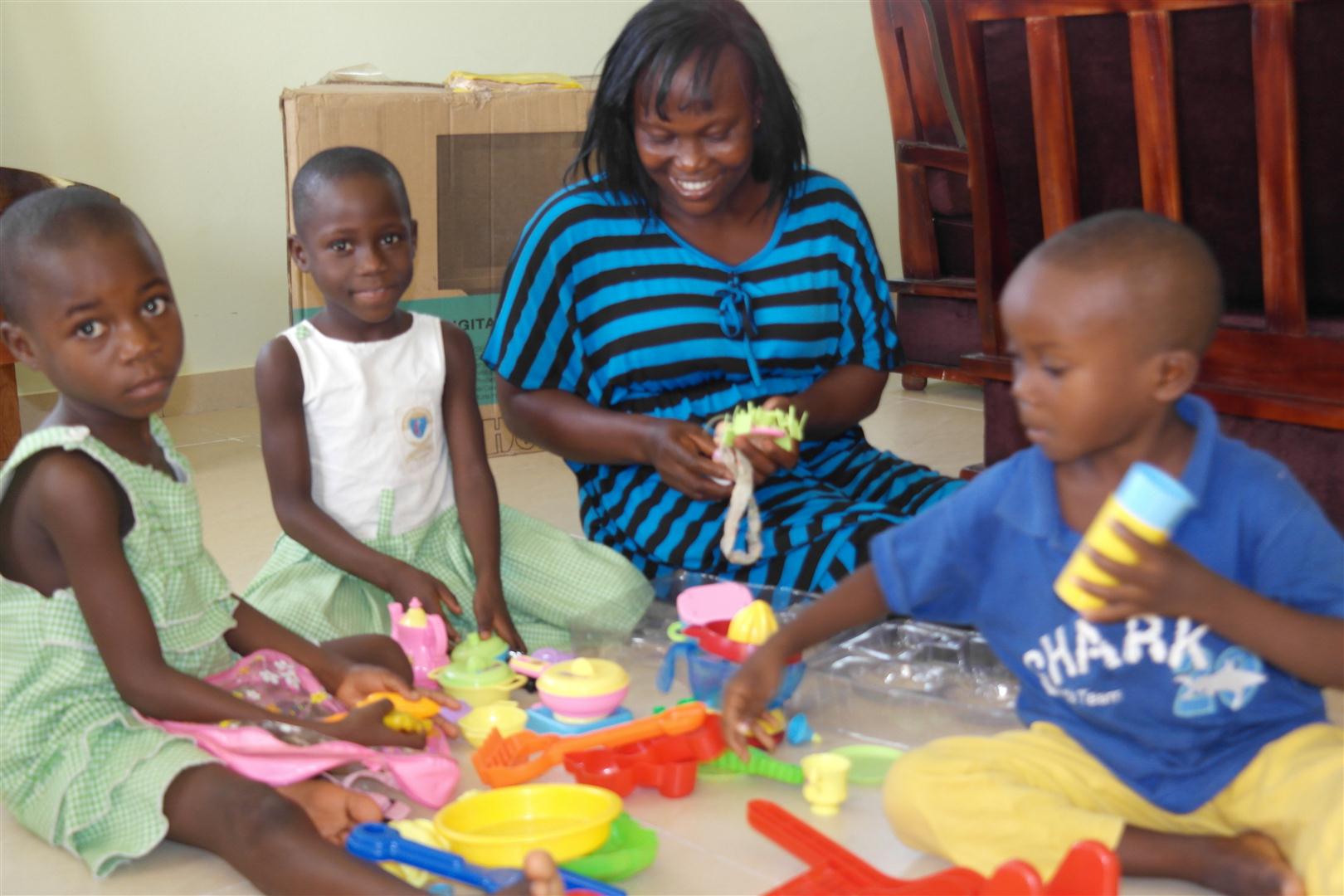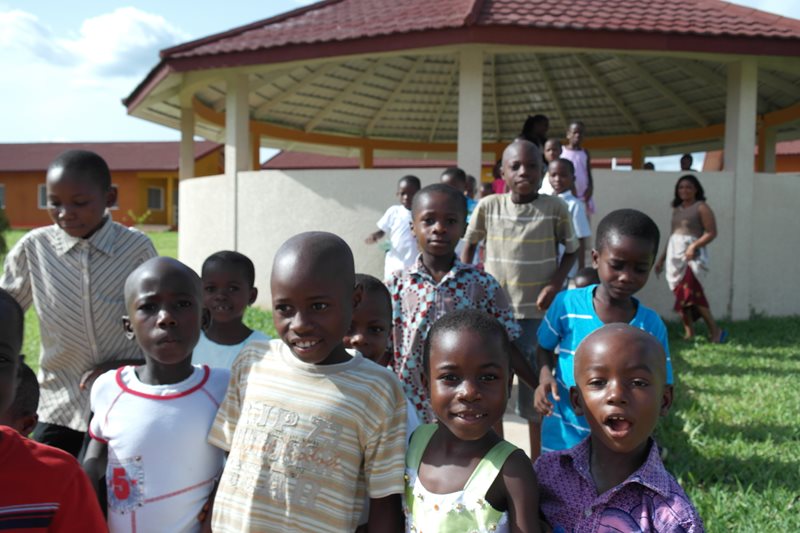The lack of services has affected the lives of children
.jpg?width=800)
The city of Yamoussoukro is Cote d'Ivoire's fourth largest city and the official capital. It is located inland, about 240 km from Abidjan, which used to be the capital and remains the main economic centre of the country.
Agriculture is the main source of income; over half of the local population lives off farming. Yamoussoukro is also home to migrants from neighbouring countries that have arrived here to work on the plantations.
The country's political instability has resulted in a lack of investment in education, health and other social support programmes. Children, the most vulnerable members of society, have suffered disproportionately. The mortality rate of children below the age of five is high in the area – this is partly due to the shortage of medical staff and medicines. In addition, many families (especially in rural areas) lack decent housing with access to safe drinking water and appropriate sanitation facilities.
Yamoussoukro also has one of the lowest rates of children in education; many families cannot afford to send their children to school. The number of girls attending school is particularly low, as they often have to contribute to the household chores from an early age. Many girls are married young. According to UNICEF data, 20 per cent of girls are married and almost 30 per cent have their first baby before the age of 18.
Children are often forced to work
Yamoussoukro has a high number of children who have lost parental care, or are at risk of losing it. Many of these children come from families affected by HIV/AIDS. As parents become unwell, children are often forced to go out to work or try to survive on the streets. Unfortunately there are few forms of support or alternative care for such children.
Due to its slightly better economy as compared to other western African countries, Côte d’Ivoire is not only a host country to migrant workers, but also the destination for trafficked children. The children’s parents are promised an education and well-paid work for their child – which fails to materialise. Trafficked children are exploited, for example as domestic servants or working in the fields. Even if the children manage to escape their situation, they do not have the means to return to their country of origin and their family.
What we do in Yamoussoukro

Strengthening Families: SOS Children's Villages ensures that vulnerable families have access to basic goods and services such as health care and education. We also provide training and advice so that parents can generate an income to look after their children. Many of the families in our programme need special support because they are affected by HIV/AIDS.
Care in families: SOS families provide a loving home for children from the region who can no longer live with their parents. In each family, the children live with their brothers and sisters. SOS Children's Villages also selects and trains local foster families. We provide continuous social and emotional support to make sure that the children are cared for to the high standards set by SOS Children's Villages. The families are fully integrated into the community, living side-by-side with other local families and children. Two additional transit homes provide short-term care for young children. When children come into our care, we often assist their birth families so that, wherever possible, the family can be reunited and live together again.
Education: The SOS Children's Villages kindergarten and school opened in September 2014. Children in our care attend these together with children from the neighbourhood. In this way children make friends and are integrated into the local community from a young age.
We also work with local teachers to improve the environment in which children learn – we renovate classrooms and toilet facilities. Likewise we offer further training for teachers.
Support for young people: We provide young people with intense training and support so that they are well prepared to get a job and live independently.
ction.